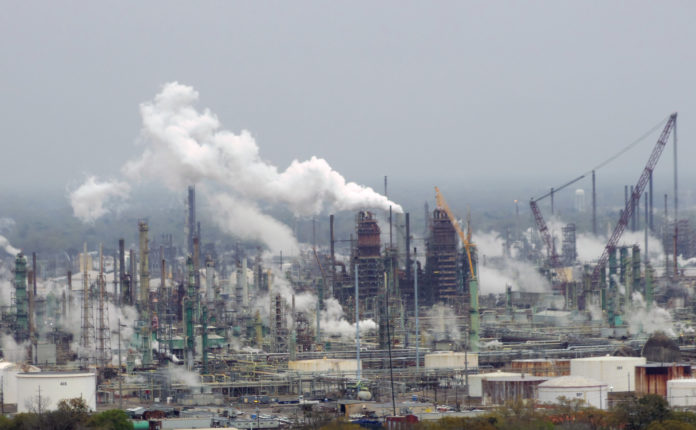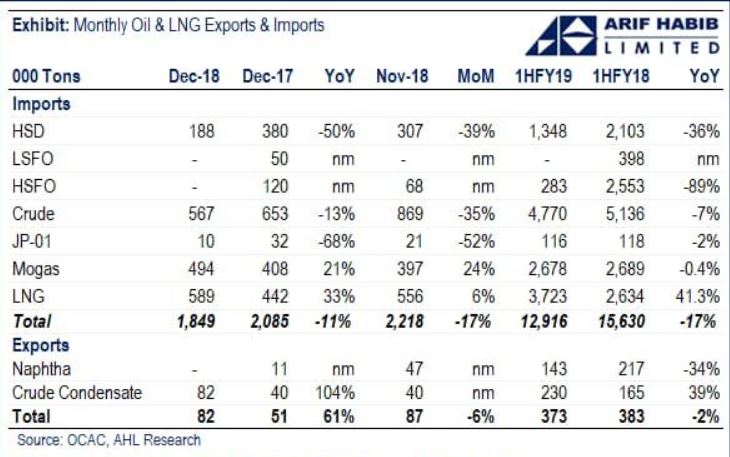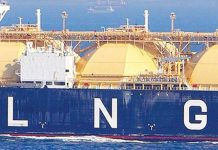
LAHORE: Monthly oil and Liquefied Natural Gas (LNG) imports in December 2018 registered 11% year-on-year (YoY) decline (-17% month-on-month) to 1,849K tons compared to 2,085K tons in December 2017.
Additionally, imports of high-speed diesel (HSD) and crude oil slumped by 50% and 13% YoY respectively, according to data released by Arif Habib Research Limited (ARHL).
Moreover, LNG imports and Mogas imports rose by 33% and 21% YoY respectively.
During the first half (July-December) of the financial year 2018-19, imports declined by 17% YoY excluding LNG (-29% YoY).
However, exports grew 61% YoY to 82K tons during December and declined by 2% YoY during the first half of FY18-19.
And imports of furnace oil in December were recorded at zero.

While talking to Profit, Arif Habib Limited’s Head of Research Samiullah Tariq said, “Due to the ongoing issue of refineries regarding upliftment, condensate exports have increased, which has resulted in reduced run rates.”
Exports of condensates have increased which couldn’t be consumed locally due to lower intake of refineries, said Mr Tariq.
He added due to a decline in their run rates, imports of crude oil have declined and to meet local demand, gasoline imports have increased.
The Prime Minister Imran Khan on December 26th had directed an immediate imposition of a ban on further import of furnace oil.
While presiding over a meeting of the Cabinet Committee on Energy (CCoE), the issue of production and storage of furnace oil by the domestic refineries was taken up.
The premier instructed that a detailed plan in deliberation with refineries about upgradation of existing facilities and export of surplus furnace oil be charted on priority.
CCoE in end of November last year implemented a ban on furnace oil imports and launched an investigation into its imports.
In November last year, oil refineries had warned the Ministry of Energy that rising fuel oil inventories fueled by the governments’ move to LNG-based power generation could cause imminent shutdowns and a countrywide shortage of other oil products, especially gasoline and jet fuel.
The share of LNG imports in power generation has been continuously rising since the last 1.5 years, which has resulted in the phasing out of more expensive furnace oil-based power plants.
According to S&P Global Platts projections, LNG imports are expected to increase from 4.9 million metric tonnes of LNG in 2017 to nearly 24 million mt per year by 2023.
And usage of furnace oil is unexpected to recover due to a surge in LNG imports and move to gas for power generation.
As per media reports, refineries have been mulling to export surplus furnace oil in order to avoid losses on their existing stocks due to lower uplifting domestically.
This isn’t a new occurrence, the previous PML-N administration in October 2017 had banned the use of furnace oil for power generation purposes led to an abrupt decrease in fuel oil orders.
Consequently, this contributed to a rapid rise in stocks at import terminals and local refineries, delaying deliveries of imported cargoes and disrupting operations of domestic producers.






